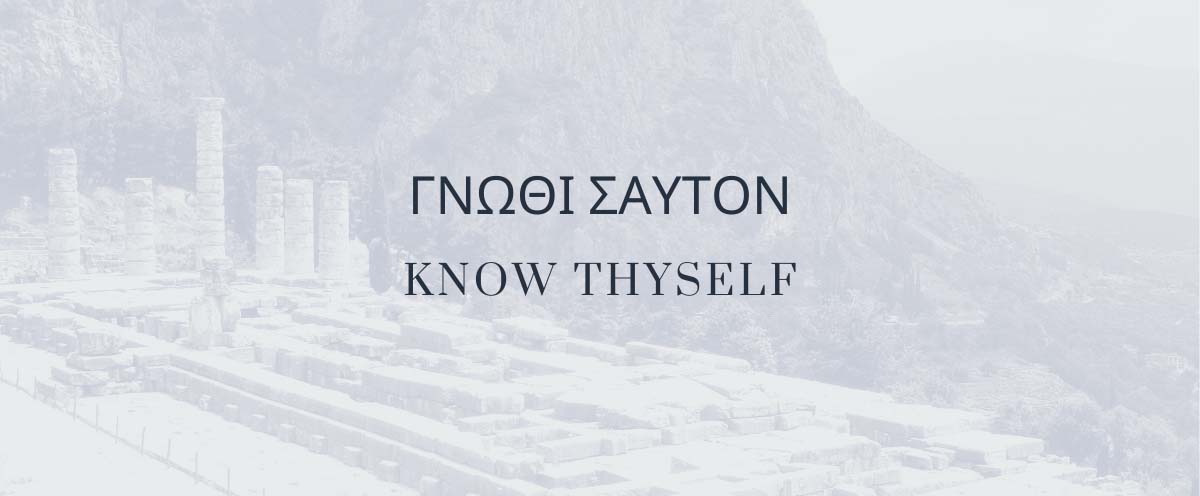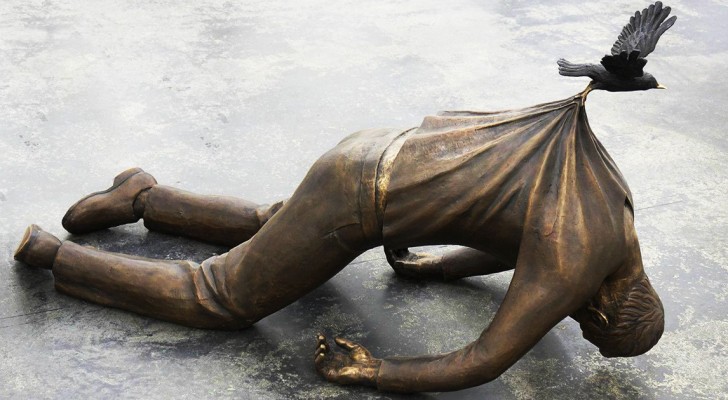“Grant, Lord that I may know myself that I may know thee.” – Augustine of Hippo, 354-430 A.D.
The lectionary of the Armenian Church invites us to reflect on the parable of the Lost Sheep. In the parable, the shepherd does something seemingly irrational and foolish. He leaves the ninety-nine of his sheep and goes to find the only missing one. There are two important and interrelated themes in the story – our flight from God and God’s search for us. The story is a reminder that despite all our best efforts and attempts to find God, ultimately, we rely on the mercy of God to find and rescue us.
But the church fathers also teach that we can’t ever find God unless we also search and find ourselves. Finding God and finding ourselves are deeply connected and related. Searching for a true self and identity is an essential step to reach and achieve anything beyond ourselves. Moreover, virtually every major decision and action we take in life is an attempt to answer the simple question, “Who am I”?
Every culture, every tradition and religion from antiquity to our modern day recognized the significance and importance of this question. In central Greece, surrounded by mountain ridges as far as the eye can see, high on the slope of Mount Parnassus, in a mystical place where heaven and earth meet and embrace, we find the ruins of the temple of Delphi – one of the most sacred sights of the Hellenic world. People from every corner of the earth, rich and poor, peasants and kings would come here for centuries to consult the oracle Pythia about their plans and learn what the future holds for them. But even the oracle realized that the greatest truth one can acquire is the knowledge of the self. Therefore, the inscription on the entrance of the temple reads: ΓΝΩΘΙ ΣΑΥΤΟΝ (know thyself).
We often hear people say “Try to be yourself,” “Know yourself,” or “Stay true to yourself.” The Identity language is at the heart of our culture. Disney movies old and new have been telling us and our children that identity is something hidden deep inside ourselves and if we look hard enough, if we listen with our hearts we will understand and see it. As tempting and rational this might sound in the context of a multimillion-dollar movie, in real life this will undoubtedly lead to more angst and anxiety. Identity is not something we find, but a gift we receive from God, something we co-create with God. Eliminating the creator from the creation of identity will merely lead to an elusive self.
Where and how we search for self and identity might be a single most important decision of our lives. Can we truly find ourselves without God? We, as Christians believe that we receive our identities at the baptismal font. In fact, traditionally this is precisely when the newly baptized child would receive their name, the ultimate seal and symbol of their identity. Through the sacred waters of the baptismal font we bond and connect our identity with that of Christ’s. We emerge as a new creation, as children of light and children of God. Through our faith we are presented with a unique and precious opportunity to embrace a journey of true self-discovery led by the Good Shepherd of our souls.



Comment(1)
Andrea Karanian says:
July 27, 2020 at 9:32 amIt’s been more than a few years since college and my study of Greek mythology. Then and now I find the Greek Gods and Goddesses and their stories quite meaningful and important. Thank you Der Hayr for embracing the past and reminding us that their teachings, though centuries old, are still very relevant and apply to our lives today.